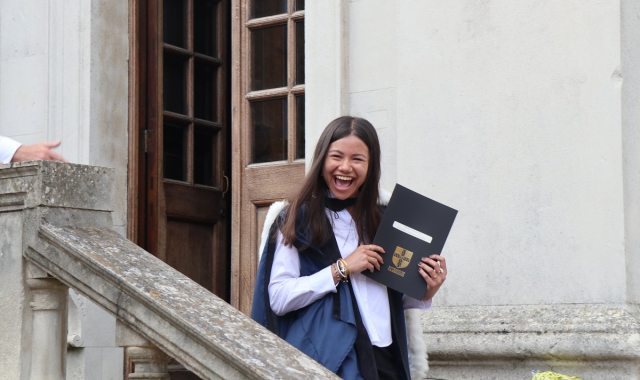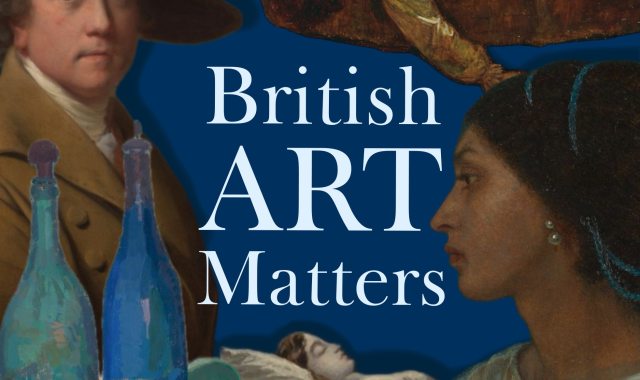The long history of gender fluidity
- 26 June 2024
- 3 minutes
The fluidity of gender is explored by Gonville & Caius College Fellow Dr François·e Charmaille, whose research aims to prompt creative and critical thinking of a topic which has become emotive for many.
Fran began their Research Fellowship at Caius in October, and is enjoying the autonomy of a role which grants time and freedom to explore their work and promotes informal and formal collaborations with academics in a range of disciplines.
Following an undergraduate degree in English, an MPhil in European, Latin American, and Comparative Literatures and Cultures and PhD in English, all at Cambridge, Fran joined Caius on an initial four-year term, seeking to publish a book on grammatical gender. A second book on gender and climate in mediaeval culture is planned.
“I’m interested in things like gender as an idea, and the possibility that gender as an idea has a history,” says Fran. “Sometimes in some societies and cultures there wasn't a concept of gender, and that concept has changed over time. And the same is true for sexual difference. When you think about the separation between male and female, different societies across time and space have had different ideas about sexual difference.
“I study different academic, or pedagogical, scientific disciplines with gender. The concept of gender that we have today originates in the discipline of sexology with some contact with other disciplines such as psychology and sociology. It was American sexologists in the 1950s who coined the term gender identity.
“When people were studying the idea of gender today, they look usually at sexological literature. I argue in my research that in the Middle Ages there was a concept of gender, but it wasn't rooted in sexology because sexology didn't exist as a discipline at the time. It was rooted in grammar. I argue that gender in the Middle Ages is used as a grammatical concept as a metaphor for categories of people.”
Gender touches the lives of all, and Fran’s research aims “to empower critical, inventive thinking about gender and sexuality, so both to try and better understand where our ideas come from and where the paradigms that we apply to these questions come from and also to try and empower people to think creatively, adventurously about these questions”.
They add: “One question that my work on gender as a concept asks is if gender as a concept had to be invented and reinvented that means that perhaps we don't have to continue relying, reinforcing this concept as it stands. We can change gender and maybe we can even leave it behind. I think it's worth asking what is gender doing for us? And how much of this idea should we be holding on to?”
While gender often incites fervent views, Fran has experienced only open-minded debate when communicating their work. They do have “very serious concerns” about political proclamations which suggest funding cuts which “censor researchers”.
They add: “It is it is a very, very serious threat to academic freedom that certain politicians are entertaining right now. There's a real dissonance between what I experience when I talk to people and what I experience when I read the newspaper. I don't think that it's an option to give in to these pressures.”
Fran has experienced many positive relationships at Caius in their interdisciplinary research. Fran in March co-organised a conference with Caius Fellow Dr Stephen Turton, Queer & Trans philologies, and a blog series is going to follow.
“I have been really amazed at the range of people that I've learnt from,” they say. “This College includes a really fantastic community of people that are concerned with some of these crucial issues from a wide variety of different disciplinary angles and I’ve greatly benefited from that.”



